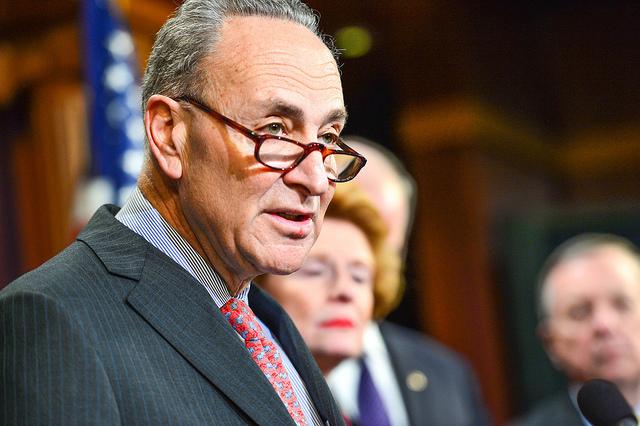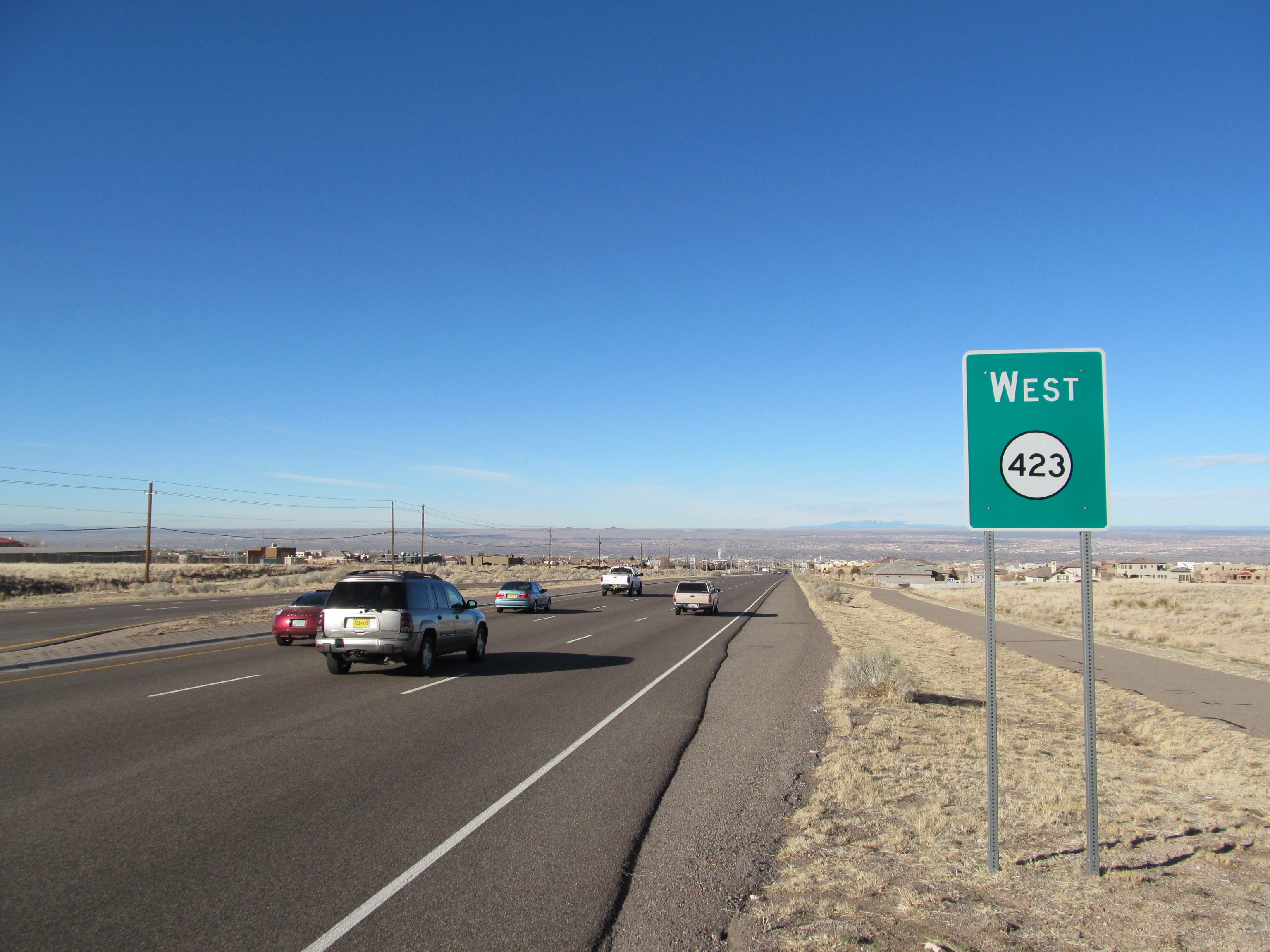The Democrats' Plan for Infrastructure Sets up a Big Fight Over Profits

By:
President Donald Trump has repeatedly called for a massive investment to "rebuild our infrastructure" and create jobs, so on Tuesday Senate Democrats put a $1 trillion deal on the table — one that sets up a big fight in the weeks to come over the role of the private sector.
.jpg?auto=format&crop=faces&fit=crop&q=60&w=736&ixlib=js-1.1.0) AP/Patrick Semansky - apimages.com
AP/Patrick Semansky - apimages.com
The plan introduced by Senate Democrats calls for a government-led investment campaign that would involve constructing roads, bridges, and public schools, rebuilding waterways and railroads, and expanding internet infrastructure over the next 10 years. But congressional Republicans are pushing for a different kind of infrastructure plan — one reliant on public-private partnerships and corporate tax credits, The Hill reported.
"That is something that congressional Democrats have sought for years, but congressional Republicans have stymied us at every turn," Senate Minority Leader Chuck Schumer told reporters on Tuesday. "We’re challenging President Trump to support our plan. He campaigned on a promise of bigger and better infrastructure. This plan is the way to make it happen."
 Senate Democrats / Flickr - flickr.com
Senate Democrats / Flickr - flickr.com
Schumer and Trump discussed their shared interest in infrastructure investment during a meeting at the White House on Monday. Schumer said the president "seems open to a bill this large," but last year Trump released a proposed infrastructure plan that more closely aligned with the Republican vision. His plan called for $137 billion in tax breaks for private investors who would in turn, he claimed, finance $1 trillion in infrastructure spending.
Without getting into the feasibility of that specific plan, however, the debate over how to best fund infrastructure investments isn't exactly settled.
There are some countries, such as Australia, that have developed effective public-private relationships on infrastructure projects, or so Vox argued. But the scale of Trump's plan raises questions about whether tax credits would be enough to attract private investors for projects that aren't profitable. A company that receives tax breaks might be tempted to build a highway, where potentially profitable toll booths could be installed, but a tax break might not be enough to convince a company to get behind a profitless project, such as rebuilding a waterway.
 Wikimedia - wikimedia.org
Wikimedia - wikimedia.org
The liberal think tank Center for American Progress has called attention to another potential issue with public-private infrastructure investments. In a 2016 report, the organization argued that infrastructure needs, such as reconstruction and maintenance — in addition to construction projects in "rural communities" and "smaller cities" — would go ignored because the private sector won't have an opportunity to profit. But what's more, Trump's funding plan "would push state and local governments to use equity capital that can cost 300 percent to 500 percent more than capital raised through traditional municipal bonds," according to the report.
Senate Democrats are insisting they won't budge, with Schumer saying he would reject any plan that provides "tax credits for developers."
"That’s not the American tradition," he argued.
